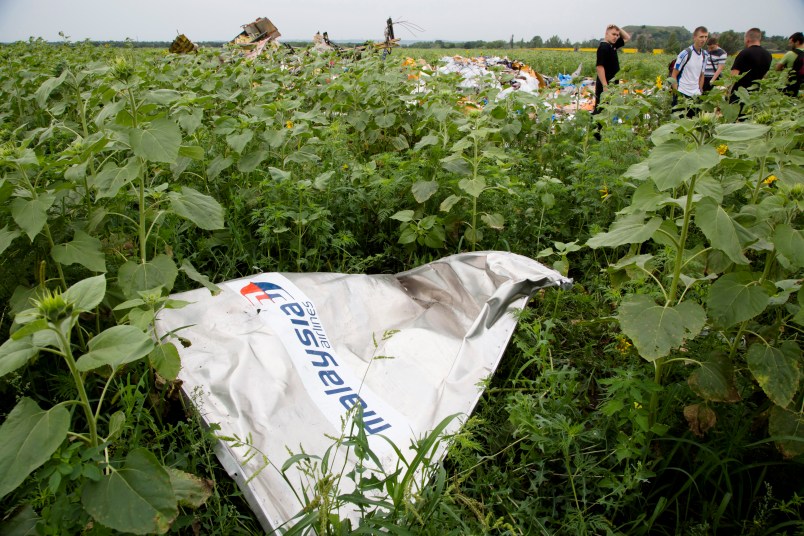I number of commentators have pointed to the as yet relatively sedate statements from European leaders to assert that the shootdown of the Malaysian passenger jet over eastern Ukraine really isn’t the sort game changing event I suggested it was. But I think it misses the bigger picture.

This is a chart (more details here) of negative public attitudes toward Russia over the last year. This, of course, precedes the down of the Malaysian jet.
The country by country breakdown is no less dramatic.

Europe is highly dependent on Russian fuels. And the money of Russian oligarchs has woven itself into the economic, political and cultural fabric of Europe – and to a much lesser degree of the United States. But fundamentally, Russia is much more dependent on the openness, capital and political cooperation of these major centers of wealth and power than Europe and the United States are on Russia.
It’s true that Russia is no 90s-era Serbia, a small country bad actor that can be easily cut off and ganged up on in the international arena. But governments follow the attitudes of their electorates, even if the effects aren’t visible immediately. And it is quite a different thing, even if the context of European dependence on Russian fossil fuels, to see Russia as a benign or essentially mixed force on the global and European stage than a menacing force which has to be managed and dealt with, even if gingerly.
Look at those charts, which show a seismic change in attitudes over the course of a single year. Those numbers show a reaction to a mix of belligerence abroad and reactionary culture at home. The effects leading up the shootdown of the Malaysian jet liner bundle those realities together into a single explosive exclamation point which is impossible to ignore.
As I wrote a couple days ago, I believe it is a game-changing event, the repercussions of which are even now difficult to fully grasp.






